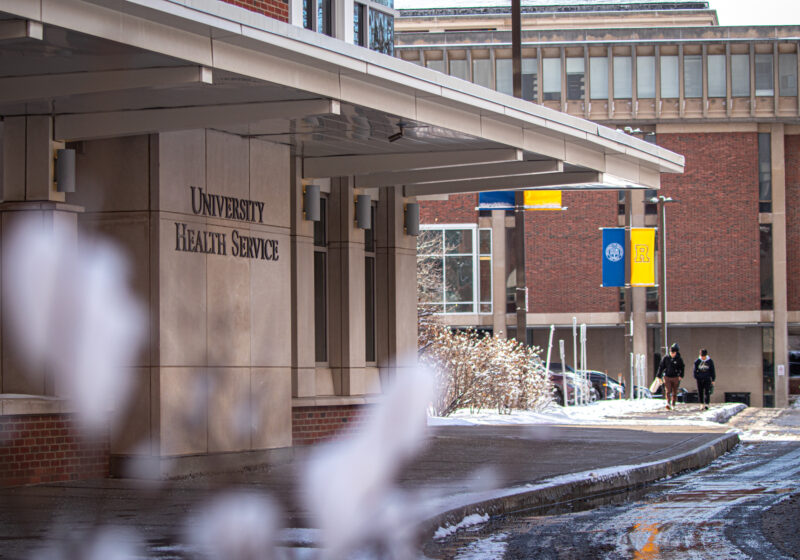Tony Bennett’s band spent 20 minutes warming up the audience with a set of jazz standards before he appeared on stage at all, prompting my mom to joke that she hadn’t been sure Bennett was going to show up.
He did indeed show up, though, strolling out onto the stage as a canned announcer’s voice introduced him as “the greatest singer in the world today.”
The recording sounded like it had been made at least 40 years ago, but has anything changed? Up on stage, Bennett looks and sounds like an elder statesman of jazz, as essential today as he was back then.
Bennett is one of the last of the great crooners, a time traveler from a musical era that we associate with big bands, crisp suits, and, perhaps, Martin Scorcese movies. Think of Frank Sinatra, Dean Martin, Nat King Cole, and others. Their music dates to the 1940s and ‘50s, technically, but it’s timeless.
Bennett is no more a relic than the piano or the guitar: invented a long time ago, certainly, but by no means outdated. Bennett doesn’t belong to any age. He belongs to the music—and the music, of course, is eternal.
In 2006 and 2011, he recorded two albums of duets with younger artists from all genres, including Lady Gaga, Amy Winehouse, Josh Groban, and many others, proof that he’s stood the test of time and stayed relevant through 70 years of changing tastes.
He has the kind of stage presence that can only be born of a life-long singing career, an effortless rapport with the audience, a perpetual smile, and a spring in his step that would be out of place on any other 90-year-old.
Jazz is a weird breed of music—offbeat, syncopated, and improvisational. The artist can sing a few bars, say a little something to the audience, sway to the beat, and jump back into the lyrics without missing anything.
Bennett is the undisputed master of this.
You can hear his age, for sure—but if his voice is a little cracked these days, it’s cracked like caramelized sugar, sonorant and smooth. When Bennett starts singing, and his band kicks in, you feel as though you’re not in Kodak Hall but a starlit lounge in another city, somewhere out of time, but quintessentially American.
In the course of the show, Bennett waltzed his way through an entire gallery of classics: “I Got Rhythm,” “(In) My Solitude,” “Top Hat, White Tie, and Tails,” “The Way You Look Tonight,” “Boulevard of Broken Dreams,” and more. (Who could ask for anything more?)
“It’s my first big hit, ladies and gentlemen,” he announced exuberantly, between the opening bars of “Because of You.”
The backing quartet—Mike Renzi on piano, Gray Sargent on guitar, Marshall Wood on bass, and Harold Jones on the drums—was wonderful, worth the price of admission in their own right, but the best instrument in Kodak Hall was Bennett’s voice. At the end of a song, when he lets it crescendo and fill the hall, you can hear the control he has.
Sometimes, I think, we forget that we’re part of something larger. This is as apparent in music as anywhere else: kids turn up their noses at jazz as old fogey stuff; old folks in turn dismiss hip-hop, rap, and other young genres. But it’s really all just music, down through the ages, and all of us inherit the whole vast legacy.
Look at the duet with Lady Gaga: superficially, it seems as though it ought to be dissonant, a clash of generations. But, it’s beautiful.
It’s all just music, man.
At the end of the night, Bennett put his microphone down and, as if to demonstrate Kodak Hall’s world-class acoustics, sang “Fly Me to the Moon” without it. All the way up in the balcony, we could hear him, as clear as ever.

